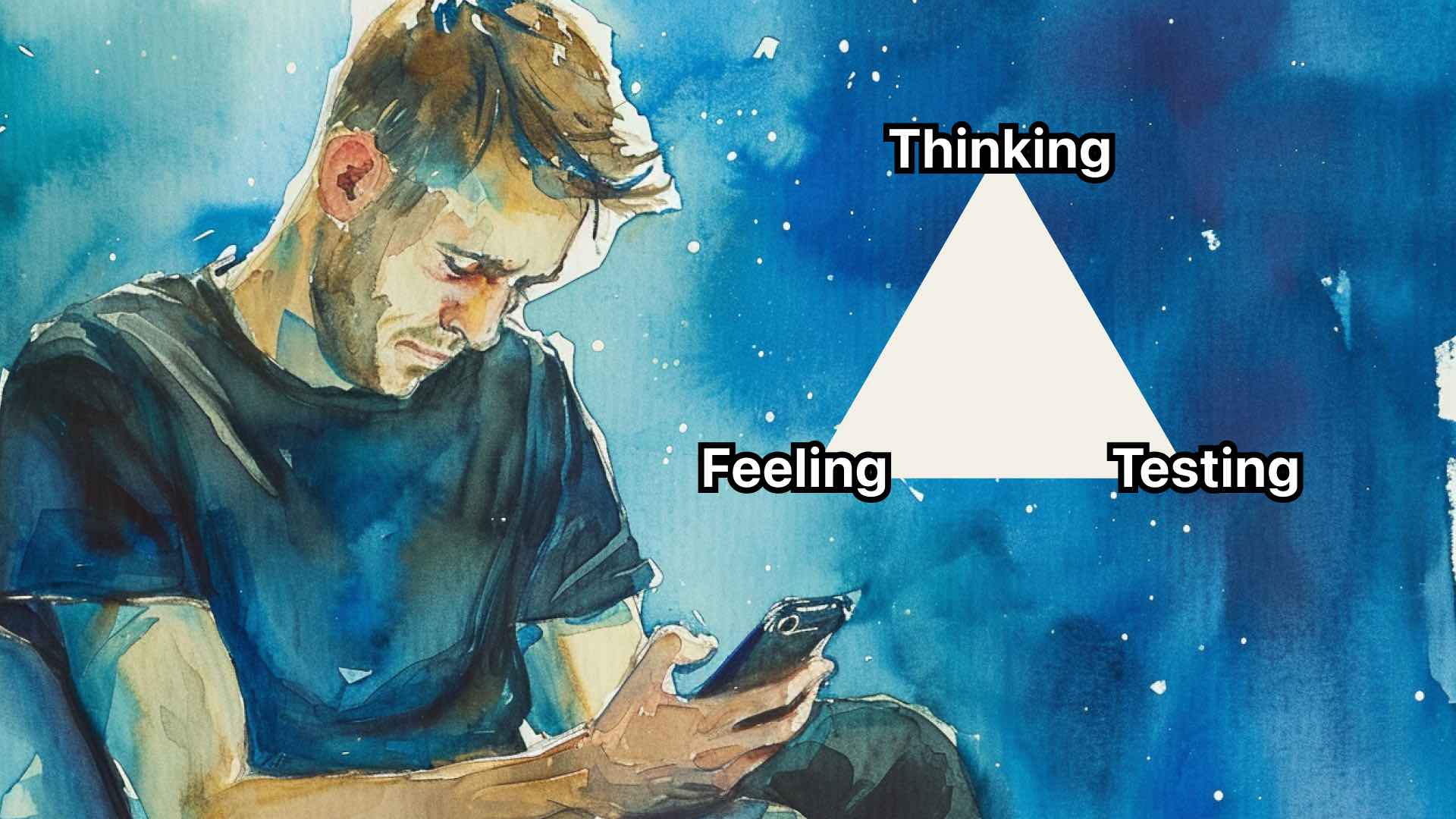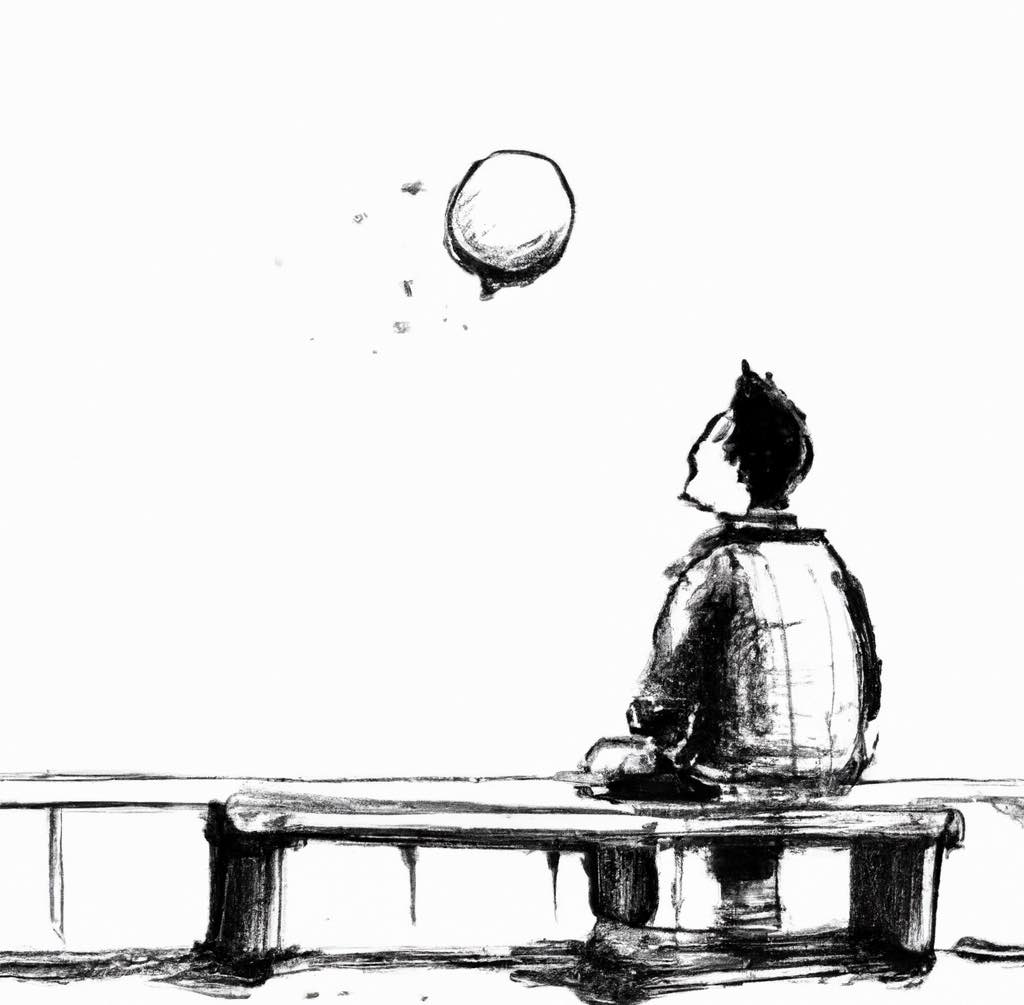Tag: ocd test
-

OCD Diagnosis: Understanding and Managing the Cognitive Cycle
Introduction: Navigating the Maze of OCD Thoughts For many grappling with Obsessive-Compulsive Disorder (OCD), the journey isn’t just about managing visible behaviors; it’s also an internal battle with relentless thoughts and doubts. If you’re reading this, you might be all too familiar with the constant cycle of intrusive thoughts, the urge to perform rituals to…
-

The Power of Not Testing Your OCD: Understanding the Cognitive Trap
Part 1: Why People Feel the Need to Test Their OCD As a clinical psychologist, I’ve seen many individuals grappling with the compulsions and intrusive thoughts characteristic of Obsessive-Compulsive Disorder (OCD). A common aspect of this struggle involves the incessant need to test or check their thoughts and behaviors. Understanding the cognitive underpinnings of this…
-

OCD Quiz: Now You Need to Answer Just 4 Questions!
Every week, people ask me – “Do I have OCD? How can I test it?”. The short answer is that there are a few available measures for OCD. The long answer, that most people are reluctant to hear, is that it can get more complicated. So, are there any OCD symptoms tests that are helpful?…
-

Pure O OCD Test: Understanding and Self-Assessing Intrusive Thoughts
Obsessive-Compulsive Disorder (OCD) is a mental health condition characterized by intrusive thoughts (obsessions) and the urge to perform repetitive behaviors or mental acts (compulsions) to alleviate the distress caused by these thoughts. Pure O OCD “Pure O” OCD, or primarily obsessive OCD, is a term often used in the OCD community to describe a subtype…
-

Test Yourself: Do I Have “Pure O” OCD?
Take the Pure O OCD Quiz This quiz helps identify potential OCD symptoms, focusing on intrusive thoughts, fears, compulsions, and their impact on daily life and relationships. It’s a tool for self-awareness, not diagnosis. Ready to begin your OCD test quiz? OCD Types Comparison Compare 3 types related to OCD Aspect Pure O (Pure Obsessional…
-

ROCD or Wrong relationship: How do I know?
I wanted to chat a bit about something I often see in my practice, something called Relationship Obsessive-Compulsive Disorder, or ROCD for short. It’s quite a fascinating, yet challenging, aspect of relationships that not many people are aware of. So, imagine this: You’re in a relationship, but your mind is constantly flooded with doubts and…
-

10 most common obsessions of OCD
There are many different types of OCD, and each person with OCD may have different obsessions, or things that trigger their OCD. However, there are some common obsessions that many people with OCD experience. I obsessively worry about making mistakes. I also obsessively worry about being embarrassed or humiliated. These obsessions cause me a great…
-

OCD, PTSD, and how to cope with both
After my car accident, I was diagnosed with PTSD. I was having intrusive thoughts about accidents and feeling like I was in danger all the time. I was also hypervigilant and always on the lookout for potential threats. My friends and family were trying to be supportive, but I felt like I was struggling to…
-

Can changing the way you think help you cope with OCD?
It is now well documented that negative thinking habits affect people’s ability to deal with mental challenges. Multiple studies in Cognitive Behavioral Therapy show that OCD symptoms can improve by working on appraisals and adaptive thinking. However, it is sometimes unclear what is the cause and what’s the effect: does OCD fuel negative thinking? or…
-

OCD test: to check or not to check?
People who deal with OCD can often feel the urge to check. Constant checking can become a ritual. Checking comes in many forms: making sure the door is locked, checking body temperature, monitoring relationships and checking to see if harm was done to self or others. Due to the nature of constant checking, people who…
-

OCD Test: what it means about you?
There are thousands of daily searches with the term “OCD test”, as people go online to seek help with their condition and try to assess their situation and diagnosis. One of the most commonly used assessment scales for OCD is Obsessive-Compulsive Inventory (OCI). It breaks up obsessive compulsive disorder into 42 items, that are divided…
